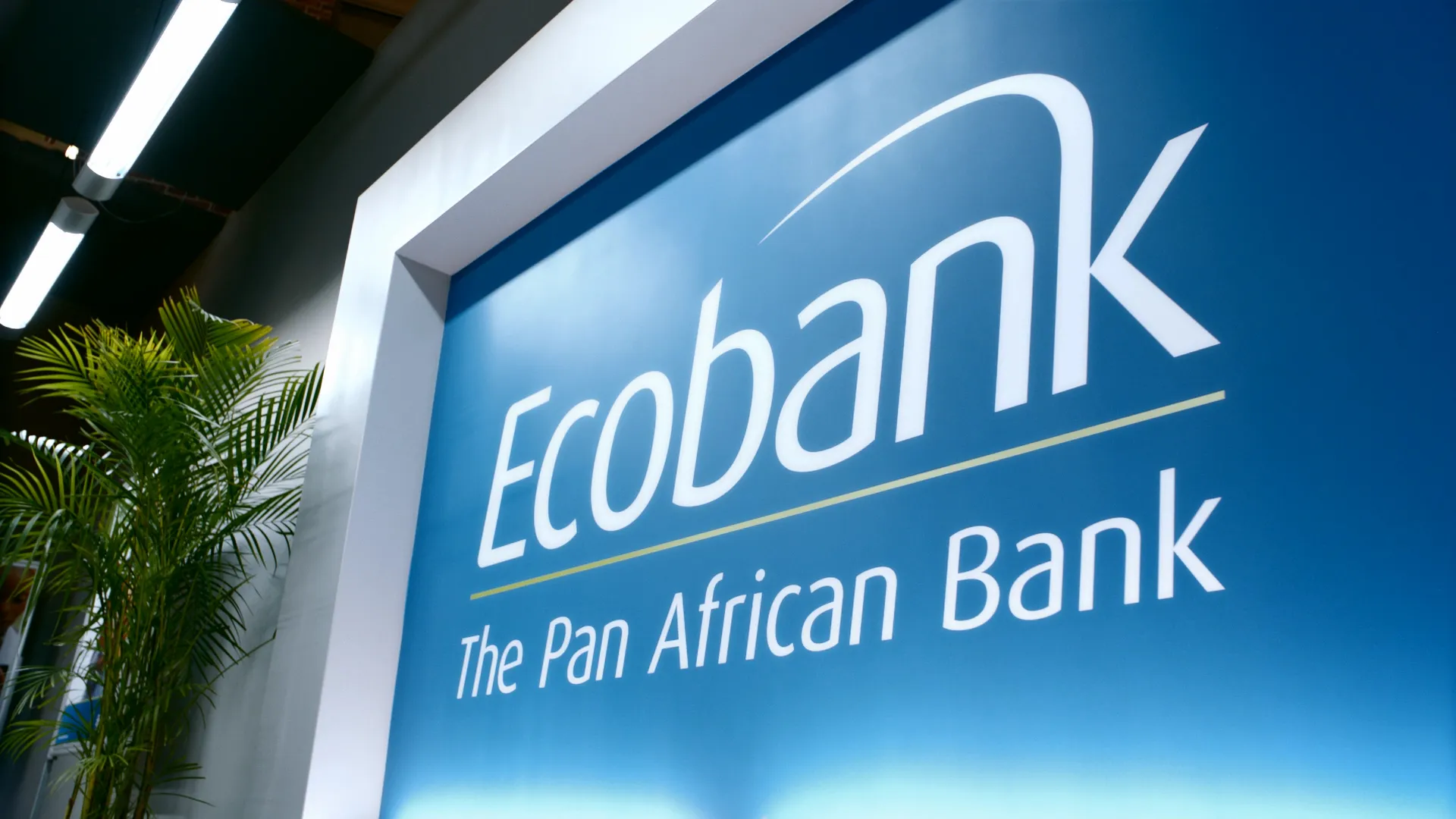This article was produced with the support of Ecobank
How is trade finance recovering from Covid-19?
The Asian Development Bank estimated that there was a $1.7 trillion trade finance gap globally in 2020, which equated to 10% of global goods trade. The Covid-19 pandemic has led to significant disruptions in Global Supply Chains and the momentum on the recovery path has been somewhat subdued by the then zero-Covid policy in China, geopolitical events and their ensuing impact on the timely supply of goods and services, resulting in inflationary pressures.

For us in Africa, the disruption of global supply chains has brought to light the critical need to develop regional trade corridors and increase Intra-African Trade financing as a key enabler. Indeed, hardest hit by Africa’s estimated $82 million trade finance gap are the SMEs, composing more than 80% of businesses in Africa, with women and youth-led businesses having most difficulty accessing funding.
As a pan-African bank with the largest footprint across the continent, Ecobank is intent on being the preferred trade bank in sub-Saharan Africa and significantly contribute to addressing its customers’ need for trade financing. In 2021, we walked the talk!
Our trade finance loan book grew 47% year-on-year to circa $3Bn on account of domestic and regional supply chain financing across key corridors as well as our participation in key soft commodities campaign financing and farmers input programmes across the continent, notably covering cotton, cocoa, Soya beans, cashew nuts and fertilisers.
Other initiatives include our Ellevate programme for women’s businesses focused on capacity building and improved access to markets, partnering with DFIs and MLFIs to further expand our lending capacity to SMEs, leveraging on our digital bank platforms and channels.
What is the impact of recent geopolitical events like the Russia-Ukraine war on the provision of trade finance?
Aside from energy cost hikes, the war in Ukraine has resulted in soaring prices for wheat, grain, sunflower oil, fertiliser, oil and gas, in addition to disrupting their supply as a few producing countries decided to ban exports of selected commodities or improve their security stocks, further exacerbating the supply-demand dynamics and ultimately threatening the food security situation in a number of countries.
The resulting inflationary pressure is, in turn, progressively leading many central banks to adopt restrictive monetary policy measures, potentially impacting Trade financing costs.
Within the continent, the current insecurity situation in a few areas, notably in the Sahel region, as well as current ECOWAS sanctions have impacted a few trade corridors and resulted in the development of new supply chain routes.
At Ecobank, we continue to view trade as a key enabler for regional financial integration and position our trade finance solutions as a growth engine for intra-African trade.
What will be the impact of the AfCFTA on trade finance in Africa?
Through the African Union’s Agenda 2063, “the Africa we want”, we had been fortunate that the African Union had anticipated the critical need for a continental single market as epitomised by the operationalisation of the African Continental Free Trade Area (AfCFTA). This continental initiative is at the crossroads of Ecobank’s founding fathers’ vision of creating a world-class pan-African bank and contributing to the economic development and financial integration of the continent.
Indeed, with the AfCFTA forecast to increase intra-African trade by 25% by 2035, the demand for trade finance is expected to rise substantially.
Innovations in commodity financing which will be structured based on regional processors as off-takers rather than export of raw materials, enhanced digitisation in trade transaction processing, the ability to harness and mutualise trade information to reduce risk and KYC costs will likely increase trade finance capacity by achieving the requisite scale. Indeed, higher costs and lower margins have tended to make small trade finance transactions less attractive for international banks, causing an increase in rejection rates, particularly for SMEs.
At Ecobank, we intend to continue to collaborate with partners within and beyond the continent and based on our network advantage, reduce the information asymmetry between buyers and sellers through risk-mitigating trade instruments on the back of our multicurrency payments capabilities as a way to afford more costeffective supply chain financing at the right scale, with an untainted resolve to continue to reduce the trade finance gap and foster intra-African Trade.
 Sign in with Google
Sign in with Google 



